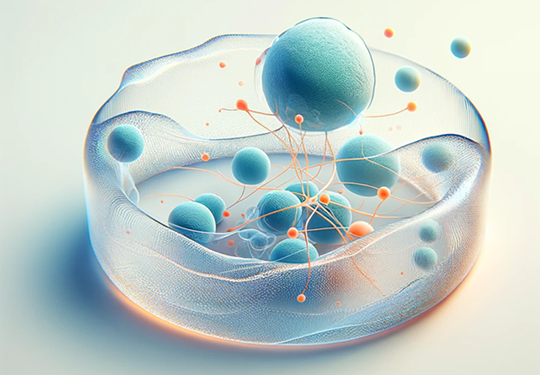ALIV breaks new ground in fertility restoration using autologous cell fraction therapy
July 18, 2024 | Thursday | News
Beyond fertility restoration, autologous cell fraction therapy can rejuvenate and restore the function of various organs and tissues
image credit- shutterstock
ALIV - Regenerative Wellness, a pioneering regenerative healthcare startup, has unveiled a breakthrough in fertility restoration using autologous cell fraction therapy.
Dr Sunita Tandulwadkar, a key figure at ALIV, achieved a historic milestone by facilitating the birth of India’s first ‘stem cell’ baby, who was also the world’s first for a woman at the age of 45.
Following this remarkable success, ALIV has continued to lead the way with an additional 40 to 50 similar successful births, further cementing their position as pioneers in the field.
This innovative treatment leverages the patient’s own cells to rejuvenate and restore ovarian function, offering new hope to those struggling with infertility and sparking global interest and adoption of similar therapeutic approaches.
Autologous cell fraction therapy starts with a painless cell extraction process performed under local anesthesia, taking only about 15 minutes. In ALIV’s state-of-the-art laboratory, cells are isolated and activated following a specialised protocol designed to stimulate natural regeneration without any manipulation or multiplication of cells.
These activated cells are then precisely injected into the patient’s ovaries, initiating tissue regeneration and restoring the natural production of eggs. ALIV’s regenerative therapies cater to various fertility-based applications for both men and women, reflecting their commitment to comprehensive and preventative healthcare.
Beyond fertility restoration, autologous cell fraction therapy can rejuvenate and restore the function of various organs and tissues, offering a preventative approach to healthcare by addressing chronic lifestyle issues before they become severe.
This non-invasive, non-surgical, regenerative therapy offers significant advantages over traditional treatments, therefore could be the first option before opting for invasive conventional surgeries or transplants, which may of course be unavoidable in certain cases.









